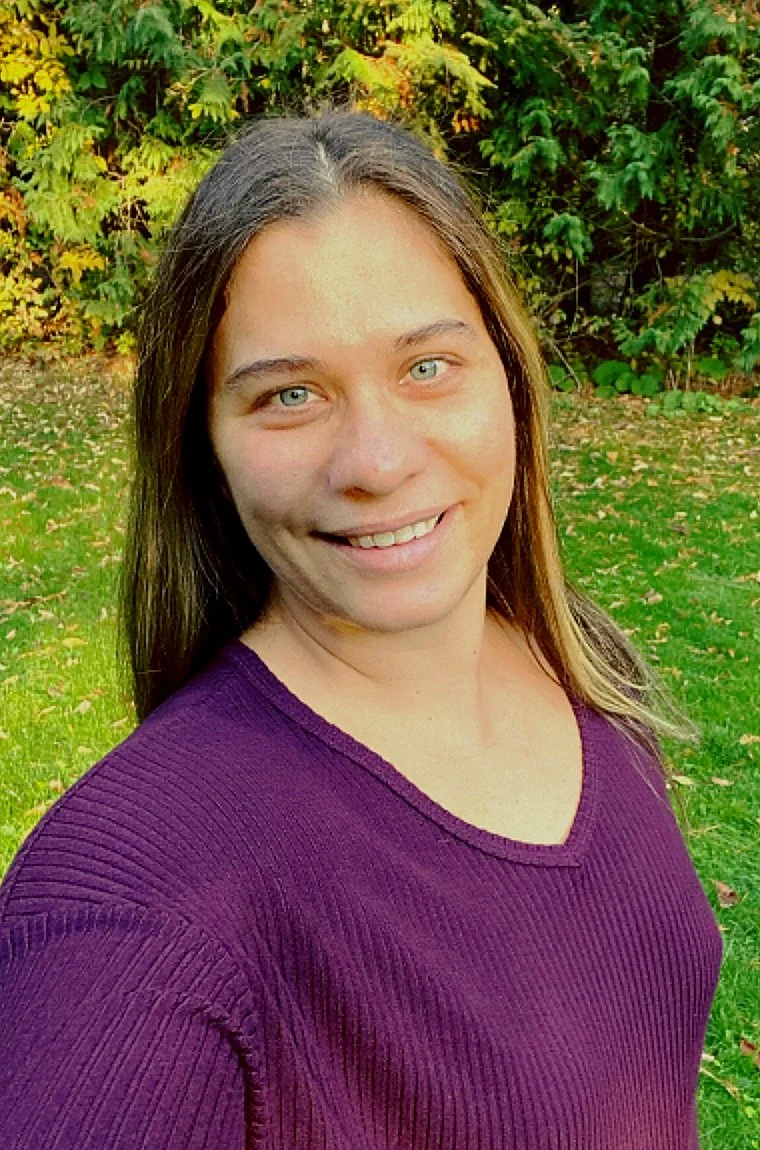Clinical Supervision
Supervision for Social Workers and Psychotherapists in Guelph, ON
“I want to get you excited about who you are, what you are, what you have, and what can still be for you. I want to inspire you to see that you can go far beyond where you are right now.”
What is Clinical Supervision?
Clinical supervision is an important part of the mental health field. It is a process in which a qualified therapist provides guidance and support to another therapist in order to ensure the highest standards of care are being met.
Clinical supervision is essential for the development of social workers and/or psychotherapists, as it allows them to learn from experienced professionals and gain valuable insight into the field. Supervisors are responsible for providing guidance and support to those they supervise, as well as monitoring their progress and providing feedback. The supervisor is also responsible for ensuring the appropriate protocols and standards of care are being followed.
At Changing Tides Counselling our clinical supervisor has over 10 years of experience in the mental health world.
Meet your Clinical Supervisor
Hi there!
My name is Nichole Caswell. I’m a social worker with over 10 years of experience in the mental health field. I’ve been supervising psychotherapy and social work students for over 3 years.
My therapy practice is eclectic and integrative; I draw from many different schools of thought in my approach with clients and do the same as a supervisor. My supervision includes the exploration of therapies falling within the following domains: cognitive and behavioural therapies, experiential and humanistic therapies, psychodynamic therapies, somatic therapies, and systemic and collaborative therapies. Specifically, I have expertise, training and experience in: EMRD, DBT, Trauma-Treatment, Parenting, Narrative Therapy, CBT, and EFT.
I believe the integration of different therapeutic approaches is essential for providing effective and comprehensive care to my clients (as well as to those I supervise). By combining different approaches, I’m able to tailor my interventions to the individual needs of my clients. For example, I may use cognitive and behavioural therapies to help my clients identify and modify maladaptive thought patterns, while also incorporating experiential and humanistic therapies to help them explore their emotions and develop a greater sense of self-awareness. I may also use psychodynamic therapies to help my clients gain insight into their unconscious motivations and somatic therapies to help them become more aware of their physical sensations. Finally, I may use systemic and collaborative therapies to help my clients understand the impact of their relationships and environment on their mental health.
In supervision, I strive to provide a safe and supportive environment for those I supervise to ensure we’re able to explore different therapeutic approaches. I believe that it’s important to provide a space for those I supervise to be able to ask questions, share their experiences, and receive feedback. I also strive to provide guidance and support to help my individuals develop their own unique style of practice.
Finally, as a practitioner and supervisor, I utilize reflective practice. Reflective practice happens when you explore an experience you have had to identify what happened, and what your role in this experience was – including your behaviour and thinking, and related emotions. This allows you to identify changes to your approach for similar future events. My own reflective practice has helped me grow as a practitioner, supervisor as well as an individual.
Get in touch with Nichole
To discuss your supervisions needs with Nichole, please fill out the following information and she’ll reach out to you as soon as possible


